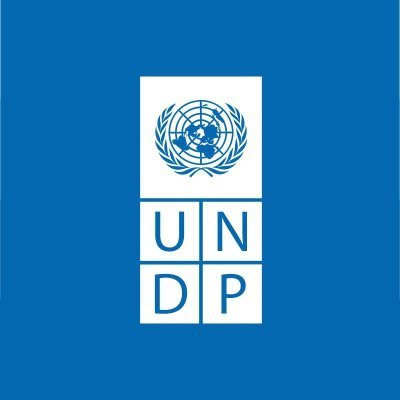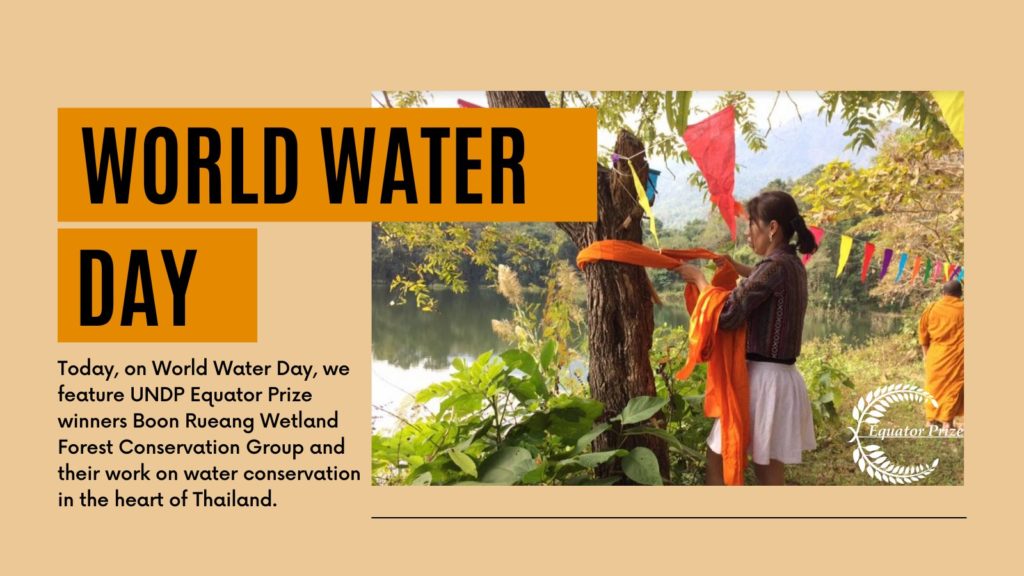
By Eric Gero, Braden Spratt, and Kevin Strohm
Three IPED students from the 2022 class are currently working with the United Nations Development Programme in different capacities. Read about their experiences below:
Eric Gero:
Since December of 2020, I have worked with the United Nations Development Programme as a member of the Nature for Life team. Along with my colleagues based everywhere around the globe, we specialize in finding nature-based solutions to development challenges around the globe.
In my brief time working here, I have gotten to contribute to the NfL Teams Essential Life Support Area team. We work together to host a series of workshops demonstrating how GIS and machine learning software can map wetlands, forest biomes, and other critically important areas of nation’s geography to help them meet their development goals, while also preserving natural diversity and combating climate change. Our work is cutting edge, fun, and engaging – and allows me to apply much of what I’ve learned in school.

My time working with UNDP has been transformative. Learning the processes, skills, and competencies that makes a fast-paced team at the UN succeed has made me understand just the amount of effort goes into our global institutions. I have grown so much thanks to the fantastic mentors I have encountered in my time working here. As we prepare to deliver workshops in Ecuador and the Dominican Republic, I am constantly excited by new opportunities available to me!
Braden Spratt:
Since September of 2020, I have worked with the United Nations Development Programme’s Nature for Development (NfD) unit as a Program Assistant. NfD is composed of different groups that promote nature-based solutions. During my time I have collaborated with the Learning for Nature and Equator Initiative sectors of NfD.
Learning for Nature provides dynamic E-Learning opportunities by crafting online courses that promote best-practices in conservation and sustainable development. With Learning for Nature, I had the opportunity to translate its Massive Open Online Course on crafting a Multidimensional Poverty Index from English to Spanish. This was a labour-intensive, technical job that not only allowed me to contribute through translation, but also learn about poverty measurement. This proved to be useful in academic and professional venues.
With the Equator Initiative, most of the work centres on the Equator Prize. The Equator Prize is an award given every one or two years to indigenous and local communities globally that are examples of implementing innovative, local, nature-based solutions. When I started working in September, the Equator Prize Ceremony, which this past year was part of a four-day event, was only a couple weeks from beginning. In 2020, due to the COVID-19 pandemic, we did an entirely virtual event for the first time. My tasks included translating videos, drafting speaker summaries, and helping facilitate the “Zoom press room.” I had only begun work two weeks prior and I was surprised to find myself on Zoom calls with people like Nemonte Nenqimo, Achim Steiner, and the Norwegian Prime Minister, Erna Solberg. After the event, my work has consisted of miscellaneous task including data management for the Equator Initiative and writing blog posts on past winners.
Working with UNDP Nature for Development has enriched my graduate experience and given me unique insights into the field of development. I am thankful for the opportunity and look forward to continuing the work through the coming year.

Kevin Strohm:
I started my time at UNDP with the Nature for Development (NfD) unit as a Program Assistant in September 2020. I’ve really enjoyed my time at UNDP and have gotten to work on a wide variety of projects, helping put the knowledge and skills I have learned in IPED to work. I’m going to highlight some of the projects I enjoyed most.
In the fall, I worked on a data tagging project in which we tagged hundreds of UNDP projects throughout the globe. This gave me a better understanding of data collection and cleaning, and I was also able to learn so much about UNDP’s work. More recently I was tasked with using this data to create visuals. This allowed me to become familiar with the data visualization software Tableau, while creating useful maps and charts for the team.
Like Braden, I also worked on the Learning for Nature course on crafting a Multidimensional Poverty Index, only I translated it from English to French. Completing this project gave me a better understand of poverty measurement and allowed me to keep up on my reading and writing skills in French.
This spring, as part of my work with the Equator Initiative, I wrote a blog for World Water Day, highlighting an impactful story from one Indigenous Community we work with. This allowed me not only to brush up on my research, communication and writing skills, but also to dig deep into a story that highlights the amazing work this community is doing to save the ecosystem they live in.



